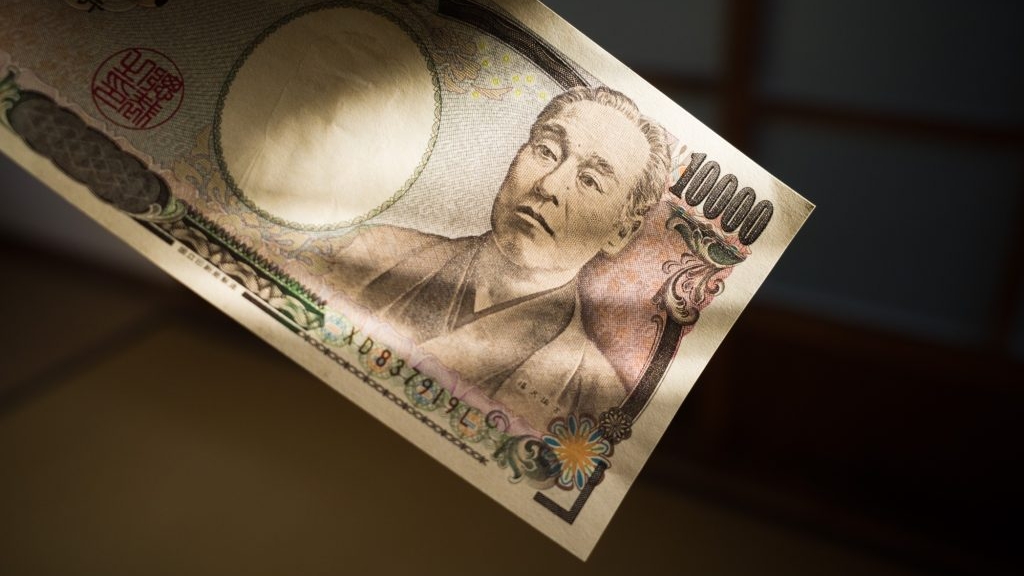Today’s News
Japan authorities are shifting their focus toward structural economic issues contributing to the ongoing depreciation of the yen, moving beyond mere market interventions which have shown limited effectiveness in halting the currency’s decline.

Image Source: The Malaysian Reserve
Recent data anticipates revealing that Japan expended approximately 9 trillion yen from late April to early May to mitigate the yen’s drop to a 34-year low of under 160 against the dollar. The currency’s sustained weakness, often attributed to the significant interest rate disparities between the U.S. and Japan, has prompted officials to explore deeper underlying causes, such as Japan’s reducing global competitiveness.
This year, under the leadership of Masato Kanda, Japan’s leading currency diplomat, the Ministry of Finance convened a panel comprising 20 academics and economists to probe into the nation’s current account and identify structural issues.

Image Source: VOI
Despite Kanda’s clarification that foreign exchange topics are outside the panel’s purview, the group, since its first meeting in March, has deliberated on measures aimed at boosting Japan’s global competitiveness and channeling profits from overseas back into the domestic economy.
According to disclosed presentation materials and meeting minutes, a senior government official noted, “The Japanese themselves are no longer investing in Japan. Profits earned overseas are not returning home and reinvested aboard, while inbound foreign direct investment remains small.”
The necessity of structural reform was emphasized by the official, who remained anonymous. This aligns with the unfulfilled ambitions of “Abenomics,” the economic policy named after former Prime Minister Shinzo Abe, which despite a decade of ultra-easy monetary policies, struggled to revitalize uncompetitive sectors of the economy.
“Essentially, Japan’s economic fundamentals must change for the currency’s relative value to change,” another official stated, underscoring that interventions in the exchange rate could curb speculative activities but are not sufficient to reverse the yen’s long-term devaluation.
In terms of the broader economic indicators, Japan maintained a current account surplus of about 21 trillion yen (USD 134 billion) last year, as reported by MOF data. However, the composition of this surplus has shifted, with trade deficits reflecting increased energy import costs and greater offshore production by Japanese companies. Nowadays, Japan compensates for its trade deficits with surpluses in primary income derived from securities and direct overseas investments.

Image Source: Toyokeizaishinposha

Image Source: Bloomberg
Daisuke Karakama, chief market economist at Mizuho Bank and a member of the MOF panel, estimates that only about a third of the 35 trillion yen in primary income surplus was repatriated last year. He suggested that in cash flow terms, Japan might have faced a current account deficit, as its primary income surplus may not have sufficed to counterbalance the payments for trade and services.
Tohru Sasaki, another panelist and chief strategist at Fukuoka Financial Group, warned of potential further complications if Japanese households begin to doubt the yen’s stability and move their 1,100-trillion-yen in savings to foreign currencies, noting increased interest in overseas stocks under Japan’s tax-free investment scheme. The panel is expected to present its recommendations by June.
Other News
AI Hype Drives Record Tech Stock Surge
This month, four major technology companies, led by Nvidia, added more market value than the rest of the S&P 500 combined, raising concerns about the sustainability of a stock market rally based heavily on optimistic AI projections.
FDIC Chairman’s Controversial Tenure Extended
Amid investigations at the FDIC, Chairman Martin Gruenberg has announced his resignation but will remain in his position until a successor is confirmed, potentially delaying changes amid ongoing agency scandals.
BHP Withdraws Anglo Bid, Mining Race Continues
BHP has called off its bid for Anglo American, intensifying the competition in the mining sector as companies adapt to the energy transition. Anglo now faces pressure to efficiently manage its assets or risk another takeover attempt.



